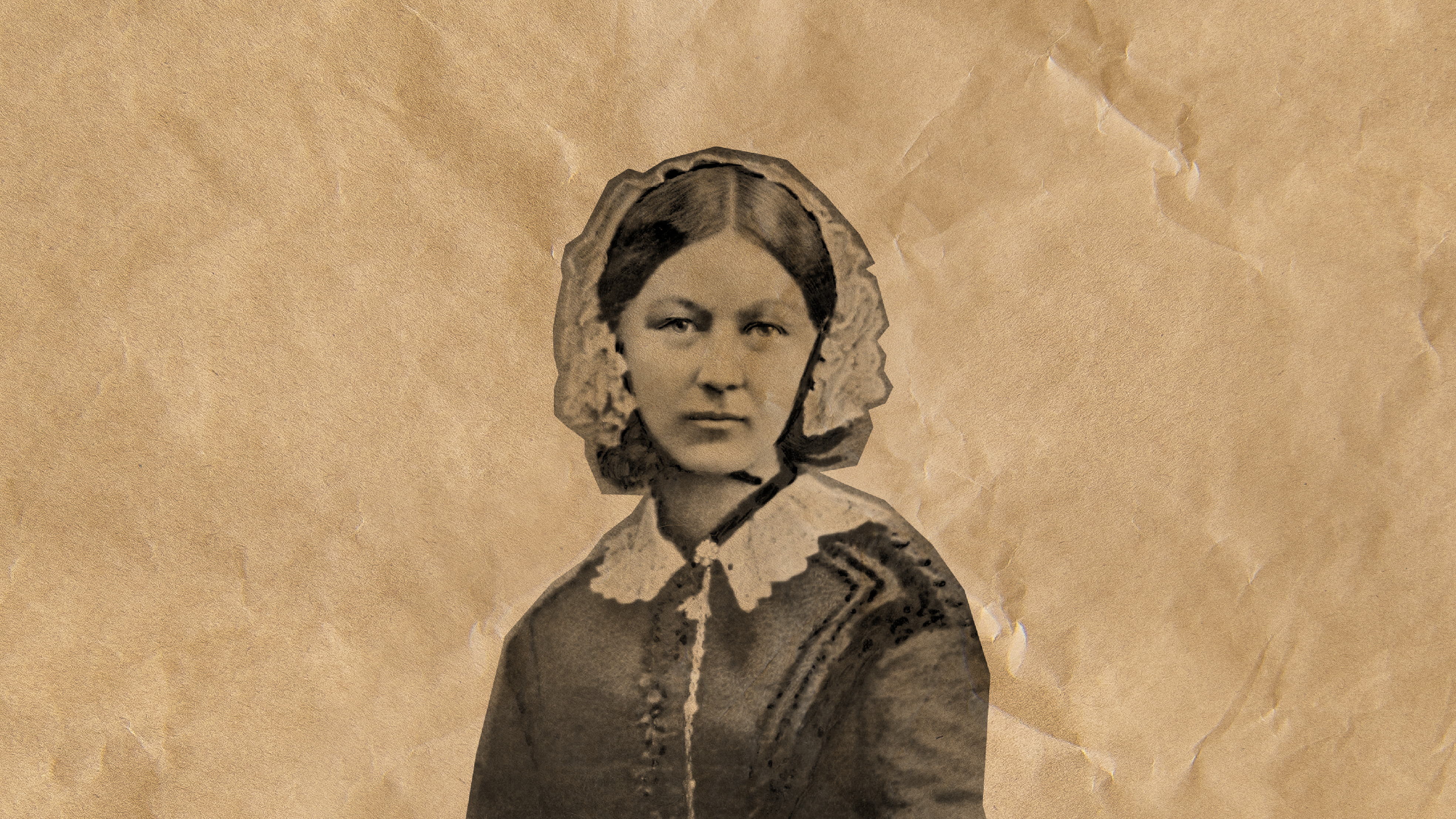florence nightingale was born in 1820 in florence, italy but her family moved back to england in 1821 when she was only 1 year old. her family was wealthy and well-connected, and her father always encouraged the education of women. florence and her older sister frances parthenope had the opportunity to study history, mathematics, italian, classical literature, and philosophy. from an early age, florence had a knack for gathering and analyzing data, a skill she used to great effect throughout her life.
although her mother, france, threw parties for famous politicians, writers, and painters, florence preferred to play alone and tend to her dolls. in 1838, her father took her on a trip to europe, and she noticed nothing but the sick and the poor. but even before that, she had felt a calling that encouraged her to devote her life to helping others. as a young girl, she respected her mother and sister's decision not to want her to become a nurse, but in 1844, she broke the stereotypes of the time that saw women as mothers only.
in 1853, she began working at the institute for the care of sick gentlewomen in upper harley street, london. she made sure that the patients and the hospital were always clean and that the nurses always washed their hands, a practice that was uncommon at the time.
but her most famous contribution came during the crimean war. in 1854, florence and a team of 38 volunteer nurses she had trained were mobilized to the conflict zone. when she arrived, she found that most of the soldiers were suffering from malnutrition and infectious diseases due to poor hygiene. the british government then decided to set up a health commission to clean up polluted landfills and improve ventilation, and deaths began to fall dramatically. the nurses also bought medicines and bandages and cleaned the hospitals.
during the war, in 1855, the nightingale fund was established to support the training of nurses. upon her return to london, florence began to gather evidence that most of the deaths of soldiers were due to unsanitary conditions in hospitals.
she wrote several books during her lifetime, including cotes on cursing, a classic introduction to nursing. she also invented the pie chart, which is now a common way of presenting data. in 1860, she founded a school for nurses, and later the nightingale nurses opened several training centers around the world.
florence died in 1910 after a long illness, but she continued her research from her bed and was the inspiration for the founding of the International red cross, dedicating her life to helping the sick and poor, changing the way people thought about health and hospitals, and transforming medical care not only in uk but around the world.
mariana teixeira is an internship student, from a communication and multimedia design degree, currently in CINCO team. growing up in a small town and loving books, music and art, she always dreamed of a career where she could be creative.
we independently evaluate all recommended products and services. if you click on links we provide, we may receive compensation.










leave a comment